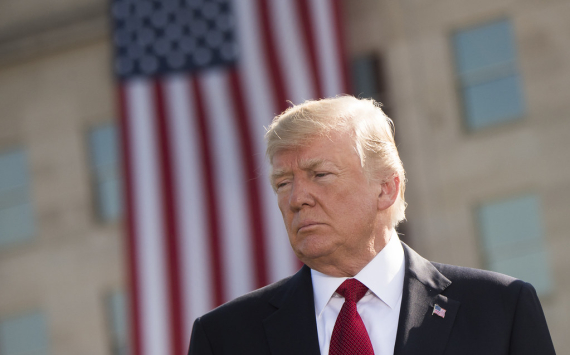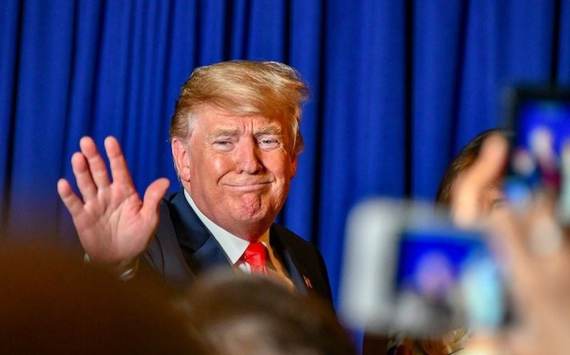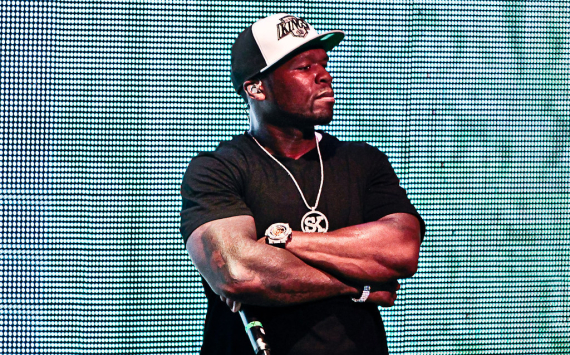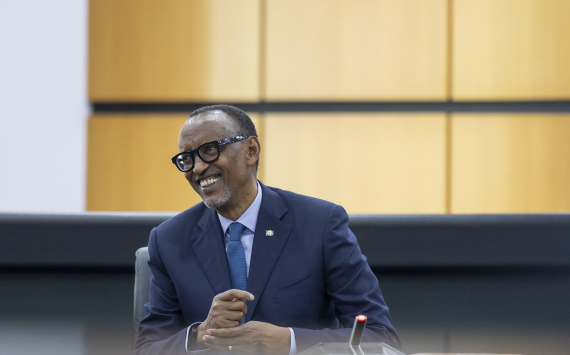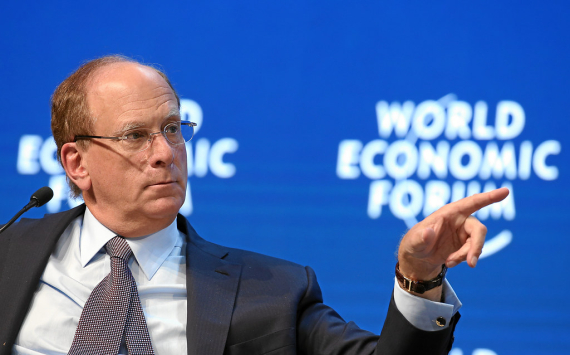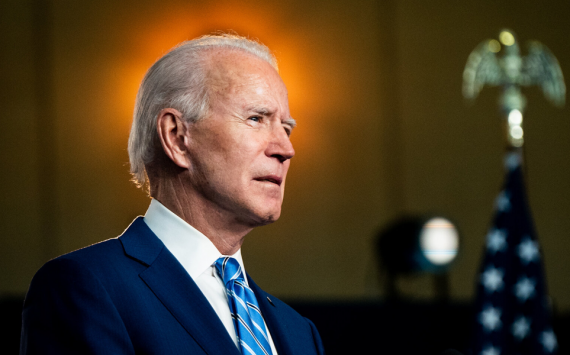
America and Chinese goods
Joe Biden does not plan to waive the current $200 billion increase in duties on Chinese goods in the near future. The newly elected US President intends to review the Phase 1 trade agreement and develop a consistent strategy, involving allied countries.
President-elect Joe Biden has announced what he plans to do in the first weeks of his presidency in the area of trade and economic relations with China, a country with the second largest economy in the world and the largest partner of the United States.
Joe Biden said in his interview: "I am not going to take any immediate steps, and the same applies to duties. I am not going to limit my options".
Biden said he first intends to undertake a full review of the existing agreement with China and consult with allied countries in Asia and Europe to develop a coherent strategy.
At the beginning of 2020, the US and China signed the first phase of a trade deal that involves large Chinese purchases of US goods ($200 billion until 2021) in exchange for a reduction in US duties on Chinese goods.
The US Presidential Administration, Donald Trump, has blacklisted some Chinese companies as a threat to national security, making it difficult for future negotiations on a broader agreement with China, according to some experts.
At the same time, in an interview with Times, Biden said that it is better to compete with China not just to complain about its practices. Biden believes large-scale public investments are needed in industries such as energy, biotechnology, modern materials and artificial intelligence.
Trump has also refused US participation in a major Trans-Pacific Partnership trade agreement between the Obama administration and 11 other countries. However, the US withdrawal was never ratified by Congress.
On 15 November this year, China signed the world's largest trade agreement with 14 countries in the Asia-Pacific region called the Comprehensive Regional Economic Partnership (RCEP), which does not include the US.
Vice Chairman of IHS Markit Daniel Yergin said: "The United States and China are losing out because they are still fighting for power, instead of interacting and cooperating with each other".








